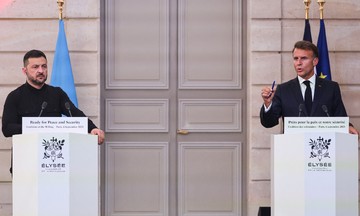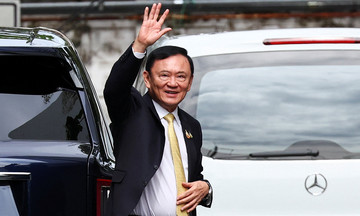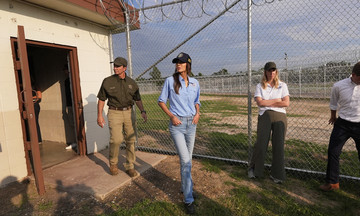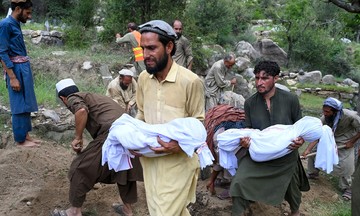On 2/9, Israeli officials revealed that two of their intelligence officers intercepted communication on the evening of 27/8. The intercepted messages indicated that high-ranking Houthi officials were planning a meeting in Sanaa the following day.
While Tel Aviv did not disclose how the intelligence was gathered, the term "intercept" suggests the use of advanced technology to capture and decode Houthi communications.
Hours later, as Houthi leaders gathered in Sanaa to hear from their leader, Abdul Malik al-Houthi, an Israeli Defense Forces (IDF) fighter jet launched an airstrike on the meeting location.
The Houthi group reported 12 officials killed, including Ahmed Ghaleb Nasser al-Rahawi, head of their law enforcement agency, and the head of their foreign affairs department. Several others were seriously injured.
Two Israeli officials considered the 28/8 operation the result of increased efforts to gather intelligence on the Houthis, a group previously considered an intelligence "blind spot" for Tel Aviv before the Gaza conflict.
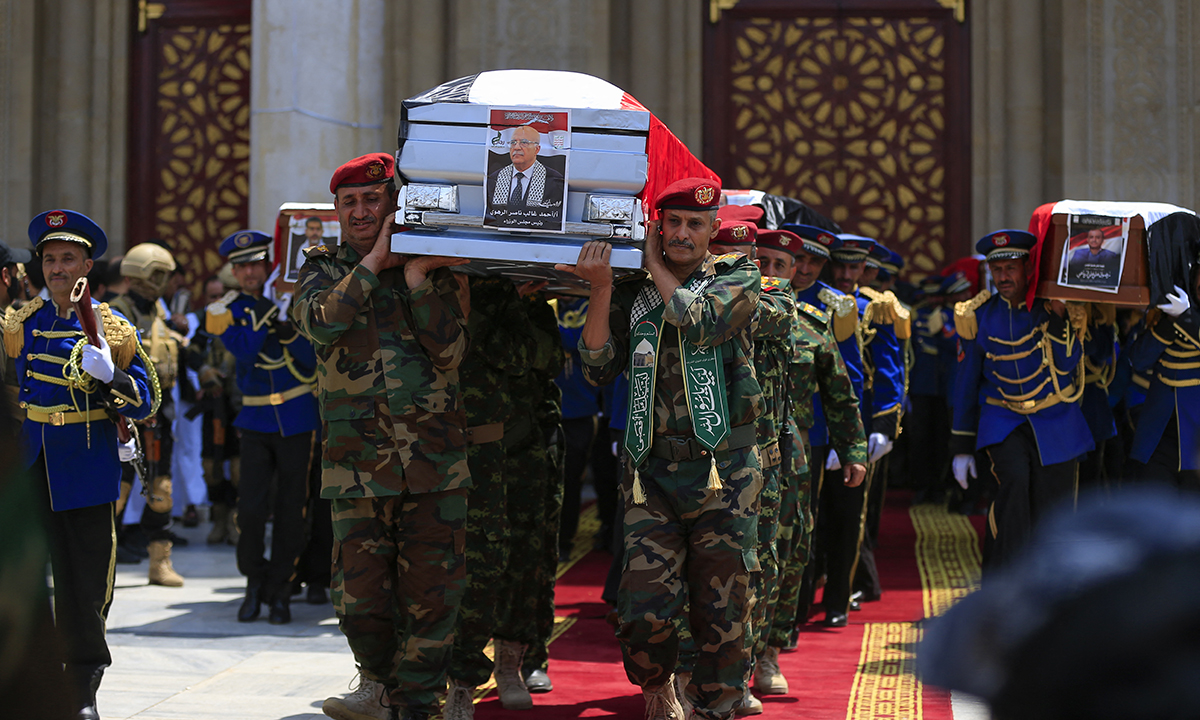 |
Honor guard carries the coffins of high-ranking Houthi members during a funeral on 1/9 in Sanaa, Yemen. Photo: AFP |
Honor guard carries the coffins of high-ranking Houthi members during a funeral on 1/9 in Sanaa, Yemen. Photo: AFP
During the Gaza conflict, the Houthis launched several attacks against Israel and targeted vessels they believed were connected to the country, aiming to pressure Tel Aviv to end its retaliation against Hamas.
Military experts suggest the strike on Houthi officials reflects Israel's proactive security doctrine, demonstrating a willingness to respond forcefully to any potential threat. One Israeli official said their soldiers refer to this doctrine as "fuck around and find out" (FAFO).
Oded Ailam, a former Israeli Intelligence and Special Operations Directorate (Mossad) official and current expert at the Jerusalem Center for Public Affairs, said "Israel has abandoned the old formula of proportionate response" in favor of FAFO.
Before the 28/8 airstrike, the IDF primarily responded to Houthi attacks by targeting infrastructure in Houthi-controlled areas, such as ports and power plants.
Some Yemen experts assess that the airstrike, while damaging, likely hasn't crippled the Houthi leadership or shattered the group's core structure. However, it will likely force remaining leaders to adopt new security measures to avoid being targeted.
"The remaining members of the Houthi leadership are leaving Sanaa," Israeli Defense Minister Israel Katz declared on 2/9, warning that they would be targeted in the future.
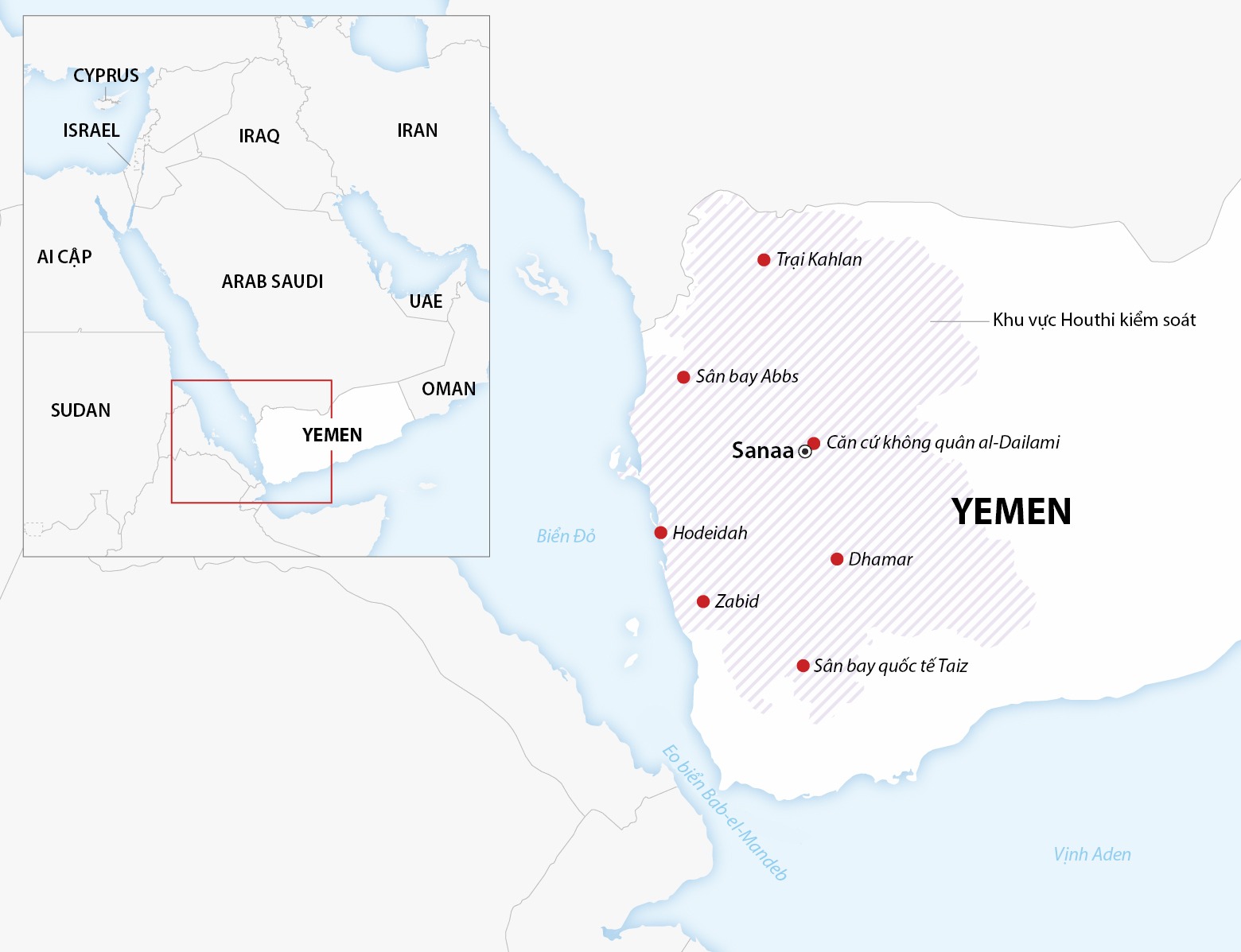 |
Houthi-controlled areas in Yemen. Graphic: AFP |
Houthi-controlled areas in Yemen. Graphic: AFP
The Houthis have a proven ability to withstand adversity. The Saudi-led military coalition has been unable to subdue them for nearly a decade. The group also withstood military campaigns under both former US President Joe Biden and President Donald Trump.
The Trump administration brokered a ceasefire with the Houthis in May in exchange for the group halting attacks on ships in the Red Sea. However, the Houthis sank two cargo ships in the Red Sea in July, violating the agreement.
Sources familiar with the Houthis report that, for months, their leaders have taken steps to avoid Israeli intelligence surveillance. These measures include turning off their phones, avoiding social media, communicating face-to-face, and frequently changing locations, sometimes during the night.
Israel, however, has recently intensified its intelligence gathering on the Houthis. Following the end of the conflict with Iran on 24/6, Israeli military intelligence freed up resources and established a new unit focused on the Houthis, according to an Israeli official.
This new unit comprises about 200 intelligence officers and soldiers. This increased focus may explain how they obtained information about the Houthi leadership meeting, despite the group's precautions.
Israeli officials anticipate retaliation from the Houthis for the damaging airstrike. The group has recently launched several unsuccessful UAV and ballistic missile attacks against Israel.
"The enemy caused this pain and loss, and we swear before God, before the Yemeni people, and before the families of the dead and wounded that we will take revenge. From these wounds, we will create victory," Mahdi al-Mashat, head of the Houthi supreme political council, declared on 30/8.
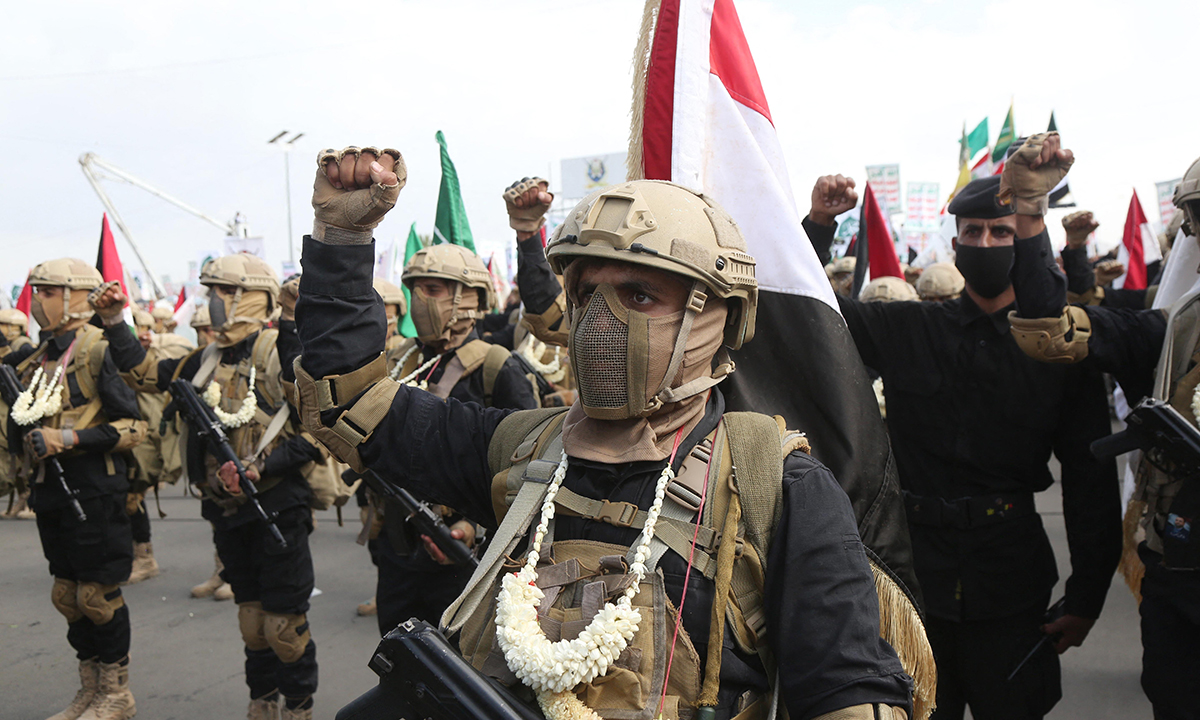 |
Houthi members participate in a protest against Israel in Sanaa, Yemen, on 28/8. Photo: AFP |
Houthi members participate in a protest against Israel in Sanaa, Yemen, on 28/8. Photo: AFP
By intensifying intelligence operations and launching airstrikes against the Houthis, Israel hopes to deter the group and other potential adversaries in the region, an Israeli official stated. The official also expressed hope that Yemenis opposed to the Houthis might rise up against them.
The Houthis control one-third of Yemen, where about two-thirds of the country's population lives. Their self-proclaimed government is not internationally recognized, and the US designates the group as a terrorist organization.
However, many experts believe Israel could face similar challenges to those encountered by Saudi Arabia, the United Arab Emirates, and the US in their efforts to pressure the Houthis. Some Israeli experts suggest that US involvement in operations against the Houthis may be necessary.
"Israel cannot sustain a prolonged campaign against the Houthis. The US returning and participating in the campaign is almost inevitable," Ailam, the former Mossad official, observed.
Nguyen Tien (According to AFP, AP, WSJ)



